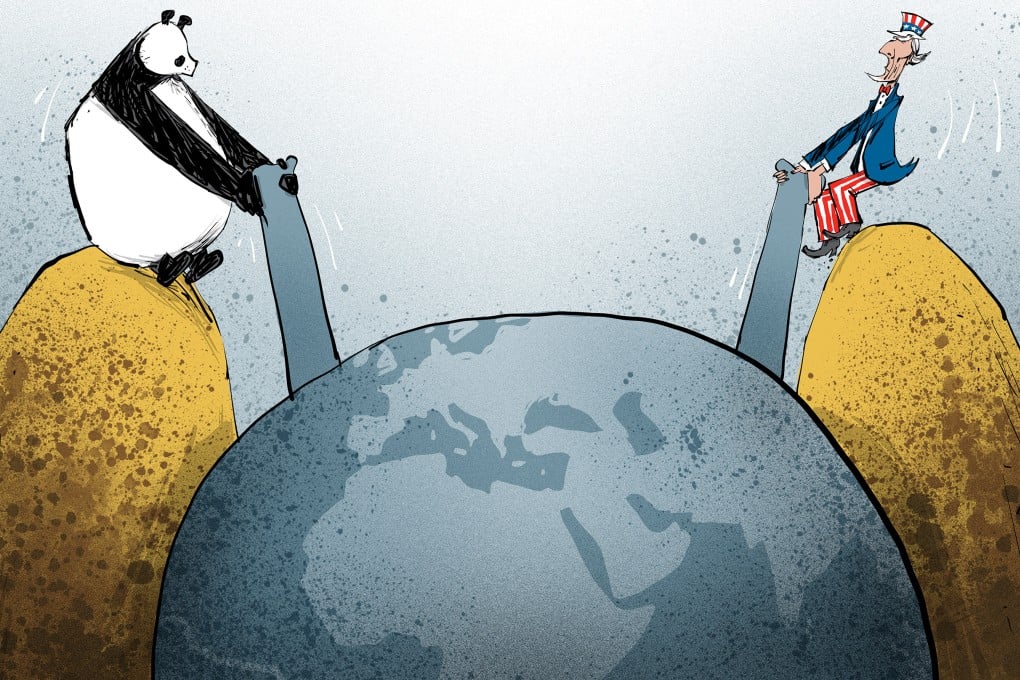Advertisement
Opinion | As US-China rivalry heats up, soft power competition need not be a zero-sum game
- Both powers should restore cultural exchanges, academic ties, governmental dialogue and boost travel
- Collaboration on shared challenges from pandemics to climate change will only increase their influence
Reading Time:4 minutes
Why you can trust SCMP
1

In the past three decades, few concepts have been more influential in international relations than the idea of soft power. The term was coined in 1990 by political scientist Joseph Nye to describe the ability to get what you want through attraction, rather than coercion or payment.
Today, it feels like we are living in an age of intense soft power competition as the struggle between great powers extends beyond military and economic affairs into the realm of stories, images and information.
After the United States lost soft power during the Trump years, President Joe Biden made a concerted push to restore the country’s moral stature. He has made values central to foreign policy, positioning the US as the chief defender of the liberal order and pitting democracies against autocracies.
China has also embraced the idea of soft power. Leaders have stressed its importance and made large investments in public diplomacy. The concept has been the topic of countless papers and books published by Chinese scholars, as well as several seminars at our think tank, the Centre for China and Globalisation.
As great power rivalry heats up, soft power is often seen as a zero-sum game, a battle for influence and narratives between Washington and Beijing in which one side’s loss is the other’s gain. But as Nye stressed in our recent dialogue to mark the release of his new book, while the competitive aspects of soft power are undeniable, we should also remember that there are ways it can bring joint gains. This is an important insight as rising tensions between China and the US fuel talk of another cold war.
As Nye noted in our talk, our geopolitical situation is quite different from the US-Soviet face-off. Firstly, economic globalisation and value chains have bound the great powers of our age in a way quite unlike during the Cold War. For all the talk of decoupling, China-US trade in goods hit a record US$690.6 billion last year.
Advertisement
